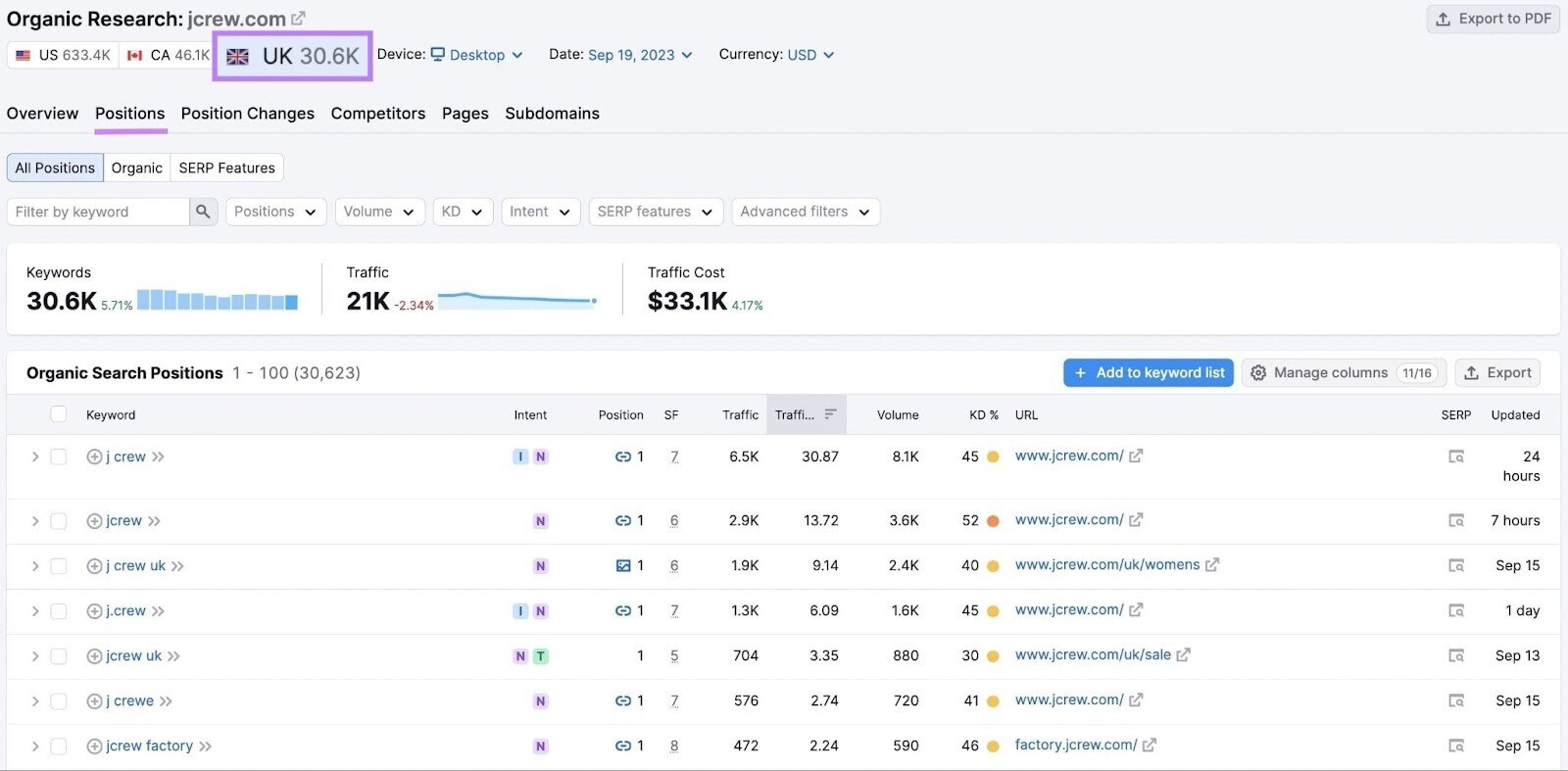Navigating the Digital Landscape: Leveraging International Search Engine Optimization for Cross-Border Success
In today's interconnected digital globe, companies are progressively looking beyond boundaries to use worldwide markets. Leveraging seo (SEARCH ENGINE OPTIMIZATION) approaches tailored for international target markets is vital for achieving cross-border success. The complexity of navigating the digital landscape on a global scale requires a nuanced strategy, from recognizing the fundamentals of International search engine optimization to executing geotargeting and multilingual key words methods. As firms make every effort to expand their reach and visibility throughout various regions, optimizing site frameworks and keeping an eye on cross-border performance ended up being vital elements of an effective international SEO strategy.
Recognizing International SEO Fundamentals
Navigating the intricacies of international SEO needs a solid grasp of fundamental concepts to successfully expand on the internet visibility throughout boundaries. One essential element of global SEO is understanding the relevance of localization. This entails tailoring internet site content to fit the linguistic, social, and business differences of target markets. Keywords need to be not only equated yet likewise adjusted to show how customers in various regions look for info.
Additionally, having a clear understanding of geo-targeting is necessary. This includes showing to look engines the certain countries or regions a website is targeting. Executing hreflang tags is one method to connect this information, guaranteeing that the correct variation of a web page appears in the search results for a customer in a particular area.
In addition, comprehending the influence of regional online search engine and social networks systems is important for worldwide search engine optimization success. For example, while Google is leading in numerous areas, nations like China have their very own online search engine like Baidu, needing tailored approaches for each system to make the most of on-line presence.

Targeting Multilingual Search Phrase Techniques
Developing multilingual search phrase techniques is essential for effectively reaching diverse worldwide audiences and maximizing online exposure throughout different linguistic regions. When targeting multilingual keyword methods, it is vital to perform thorough research to recognize the specific search terms and expressions utilized by the target audience in each linguistic region. This entails not just translating key words but also considering social subtleties, local languages, and search patterns unique to every target market.
To produce a successful multilingual keyword phrase technique, it is very important to prioritize importance and search intent. Keyword phrases should align with the content on the internet site and resonate with the social context of the target market. Utilizing devices such as Google Keyword Organizer, SEMrush, or Ahrefs can help identify high-performing search phrases in various languages and examine their search quantity and competition level.
In addition, surveillance and analyzing the performance of multilingual keywords on a regular basis is vital for maximizing and fine-tuning the method in time. By constantly adjusting to changes in search actions and patterns, organizations can improve their online presence and draw in even more international website traffic to their web sites.
Carrying Out Geotargeting and Hreflang Tags
When intending to improve global search engine optimization methods, incorporating geotargeting and hreflang tags is essential for optimizing internet site presence throughout various regions. Geotargeting includes tailoring content to specific places, ensuring that individuals in various areas get relevant information. By executing geotargeting, organizations can enhance their regional search rankings and bring in region-specific web traffic.

Optimizing Site Structure for Global Visibility
To even more boost worldwide SEO methods beyond geotargeting and hreflang tags, enhancing the web site framework is crucial for attaining worldwide presence and taking full advantage of reach throughout different areas. A well-structured website not just improves user experience but additionally assists in search engine spiders in understanding the content and context of the site.
In addition, developing language-specific subdirectories or subdomains can help internet search engine supply the right version of the web site to individuals based on their language preferences, additionally improving the total customer experience. In addition, enhancing link frameworks to include appropriate keywords and geotargeted terms can enhance the website's presence in various regions. By structuring the web site efficiently for worldwide audiences, services can increase their possibilities of drawing in worldwide web traffic and broadening their reach throughout borders.

Surveillance and Examining Cross-Border Performance
Efficient tracking and analyzing of cross-border efficiency is crucial for evaluating the success of global search engine optimization techniques and determining opportunities for improvement in worldwide reach and visibility. By carefully tracking crucial efficiency signs (KPIs) across various markets, organizations can get useful understandings right into the effectiveness of their cross-border search engine optimization initiatives. Checking metrics such as organic i loved this traffic, keyword positions, conversion prices, and bounce rates can offer a detailed view of exactly how well a website is performing in different areas.
Evaluating cross-border performance data enables organizations to determine patterns, patterns, and locations for optimization. By comparing performance across various nations, regions, or languages, firms can pinpoint effective strategies and center material to better satisfy certain target market. Additionally, monitoring cross-border efficiency makes it possible for services to stay agile and responsive in the ever-evolving electronic landscape. Normal evaluation of SEO efficiency on an international scale ensures that companies can adapt their techniques swiftly to take advantage of arising opportunities and maintain an affordable side in global markets.
Conclusion
Finally, global search engine optimization plays an important function in accomplishing cross-border success by maximizing internet sites for global presence, targeting multilingual key words techniques, implementing geotargeting and hreflang tags, and keeping an eye on cross-border find here performance. By recognizing the fundamentals of worldwide search engine optimization and maximizing site frameworks appropriately, companies can efficiently get to and engage with their target market across different areas and languages. This calculated strategy is necessary for broadening market reach and driving online growth in today's digital landscape.
Comments on “Cracking the Code of International SEO: A Comprehensive Guide”